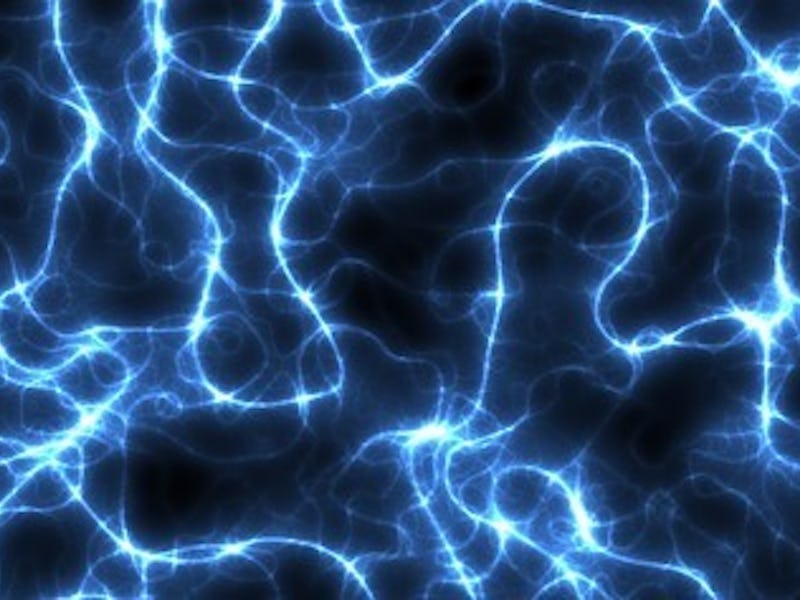Scientists have long known that energy is necessary for life and that some life forms get that energy from electricity. Now, fresh research proves that some life forms — certain microbes — don’t just rely on electricity; they consume it, eating and excreting electrons. Though there is plenty left to learn about these creatures, which could help explain the rise of life on this planet and its potential to seed other planets, the discovery pushes University of Southern California professor and astrobiologist Kenneth Nealson’s several-decades-long effort to document new forms of life forward.
In the 1980s, Nealson found microbes — bacteria — that could get their energy from minerals. New York’s Oneida Lake was supposed to accumulate enormous quantities of manganese oxide each spring, but levels were consistently lower than expected. After two years, Nealson found the culprit: Shewanella oneidensis. These bacteria were effectively consuming solid metal, something scientists would’ve previously thought ludicrous.
Shewanella oneidensis.
Last year, Nealson’s graduate student Annette Rowe published her own paradigm-shifting discovery. Rowe discovered microbes that, in the absence of other energy sources, consume electrons alone. Give them an electrode and they’ll eat till the cows come home. She’s found several different microorganisms that can so exist, which suggests that these if-I-may shocking bacteria are not an evolutionary aberration.
Since then, scientists have uncovered more and more hungry bacteria, and even some that — again, lacking other options — both consume and expel electrons. Other microbes can literally link up and pass electrons up and down the line. The search is on for more such life forms, and that search is taking scientists deep underground. But it’s also telling us about primordial and extraterrestrial life forms. Whenever we find a life form that can exist with less than we thought possible, it opens previously unfathomable explanatory doors. Inside these doors, we can learn even more about the origins of life on earth and the possibility of life elsewhere in the universe. Microbes that breathe electricity could well exist on Mars and beyond.
